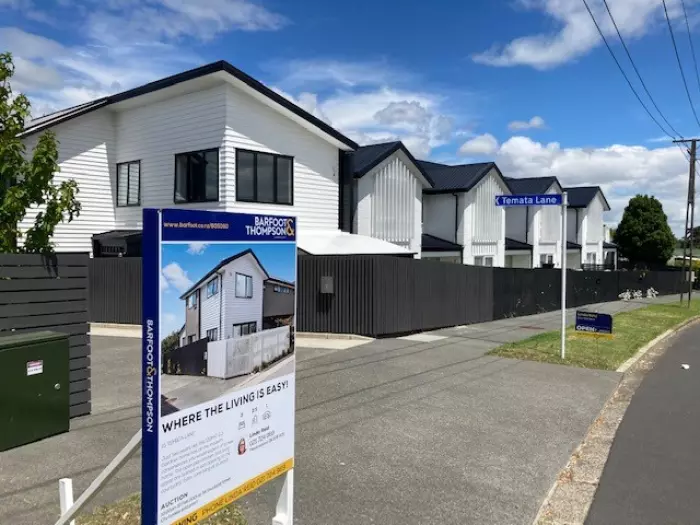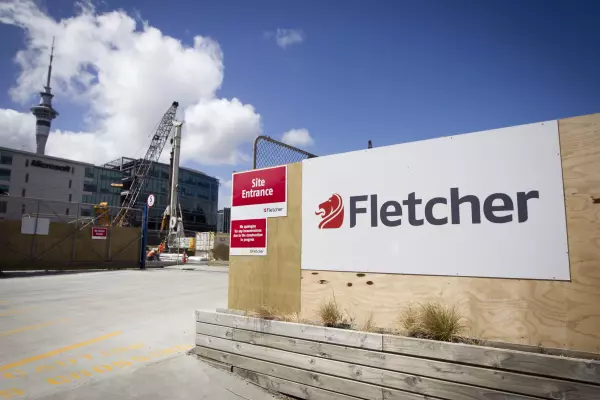Auckland real estate agent Nicki Lambert observed in December that sellers in the city were starting to be more realistic about what their home is worth.
The realtor, who works with Ray White Remuera, made her comments during an open home in the Auckland suburb of Glen Innes.
That was just after the Credit Contracts and Consumer Finance Act (CCCFA) came into play on Dec 1.
The new consumer guidelines were yet another new-lending headwind, which include an increasing official cash rate and tighter loan-to-valuation ratio restrictions which took much of the excitement out of auction rooms and open homes over the past quarter.
That saw new mortgages all but dry up, down from $9 billion in November, to $4.7b in January.
The Reserve Bank also reported a significant hit to first-home buyer (FHB) lending, which dipped by almost half from December’s $1.6b to $819 million in January.
New mortgages written by non-FHB borrowers dipped below $3b for the month, the lowest level since May 2020.
Craziness done
Latest Real Estate Institute data for February reflected the slowdown, with transactions down almost a third to 5,597 sales, from 8,324 last February.
In Auckland, about a third of the market, there were 40% fewer houses sold year on year.
And that’s despite more choice – with listing site realestate.co.nz reporting a 47% year-on-year increase in available listings from 15,829 to 23,270 last month, the highest level since late 2019.
Mike Jones, a senior economist at ASB, describes it as a “slowly deflating” property boom, with monthly house sales now running at just under 6,000 a month – down about 30% on the fear-of-missing-out heat of last summer.
But Jones ascribes some of the slowdown to tighter lending conditions and said the easing of restrictions on the CCCFA will prompt “some stabilisation” in house sales in the coming months.
Century 21 owner Tim Kearins is hoping relaxed rules will spark some more buying into the autumn months.
Adjusting sights
Kearins said there had already been more activity into March, though vendors were now “adjusting their sights”, echoing Lambert's view back in December.
ASB’s Jones is predicting a 6% drop in house-price inflation by year-end, though that may come down more if the Reserve Bank takes an aggressive line on the official cash rate in an effort to combat rising inflation.
On a slightly longer horizon, Westpac’s acting chief economist Michael Gordon is picking a 10% correction over the next two years, handbraked, in the main, by higher interest rates.
Shyamal Maharaj, an economist at Auckland council, noted that February was the first month of non-double-digit annualised growth over the past 19 months.
Still, he said, affordability continues to be a major issue for Auckland and had clearly worsened over the past two years.
“Prices are coming off their record highs, but they still remain elevated. And there are still hurdles for those trying to get into the market.”














